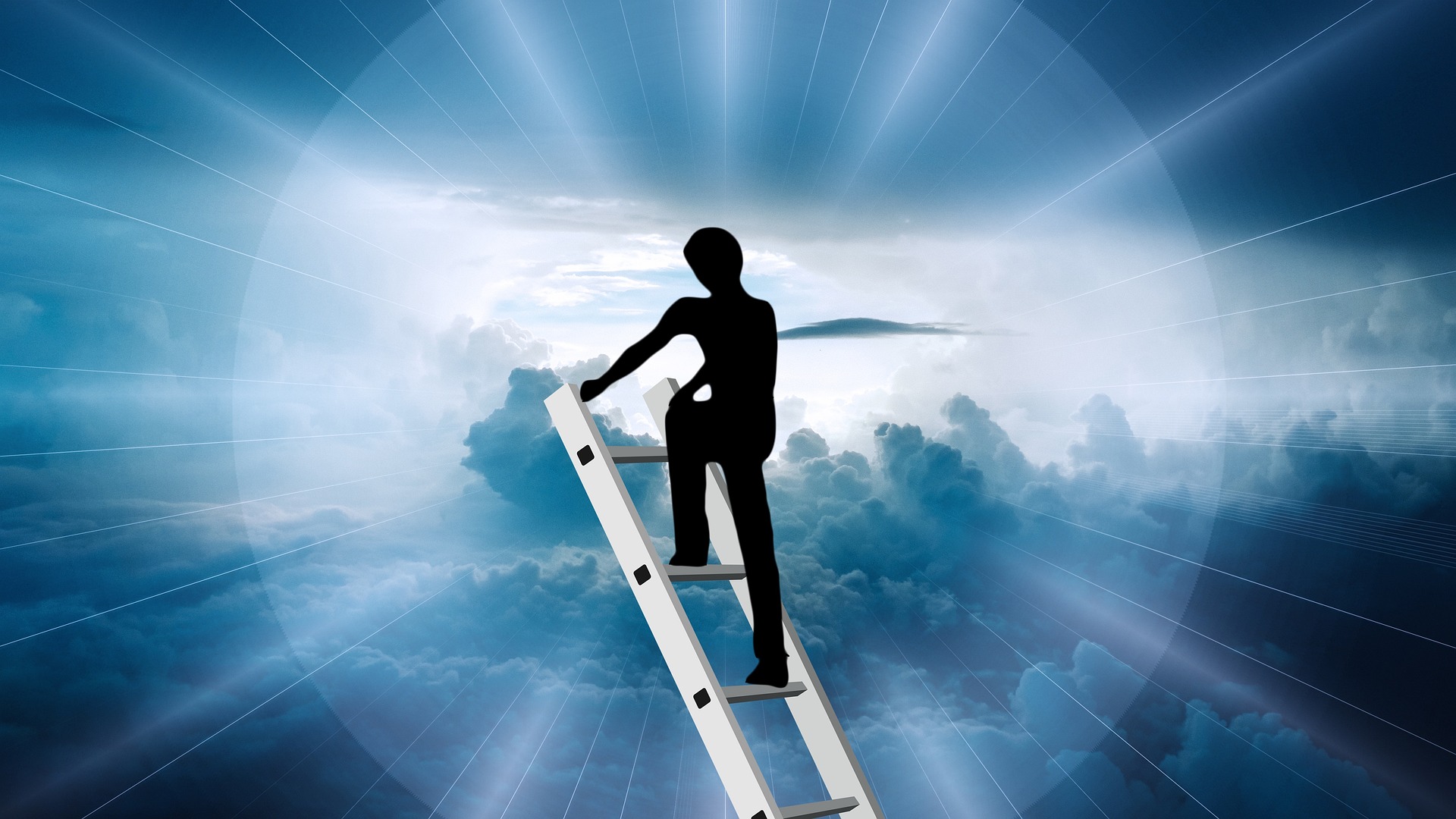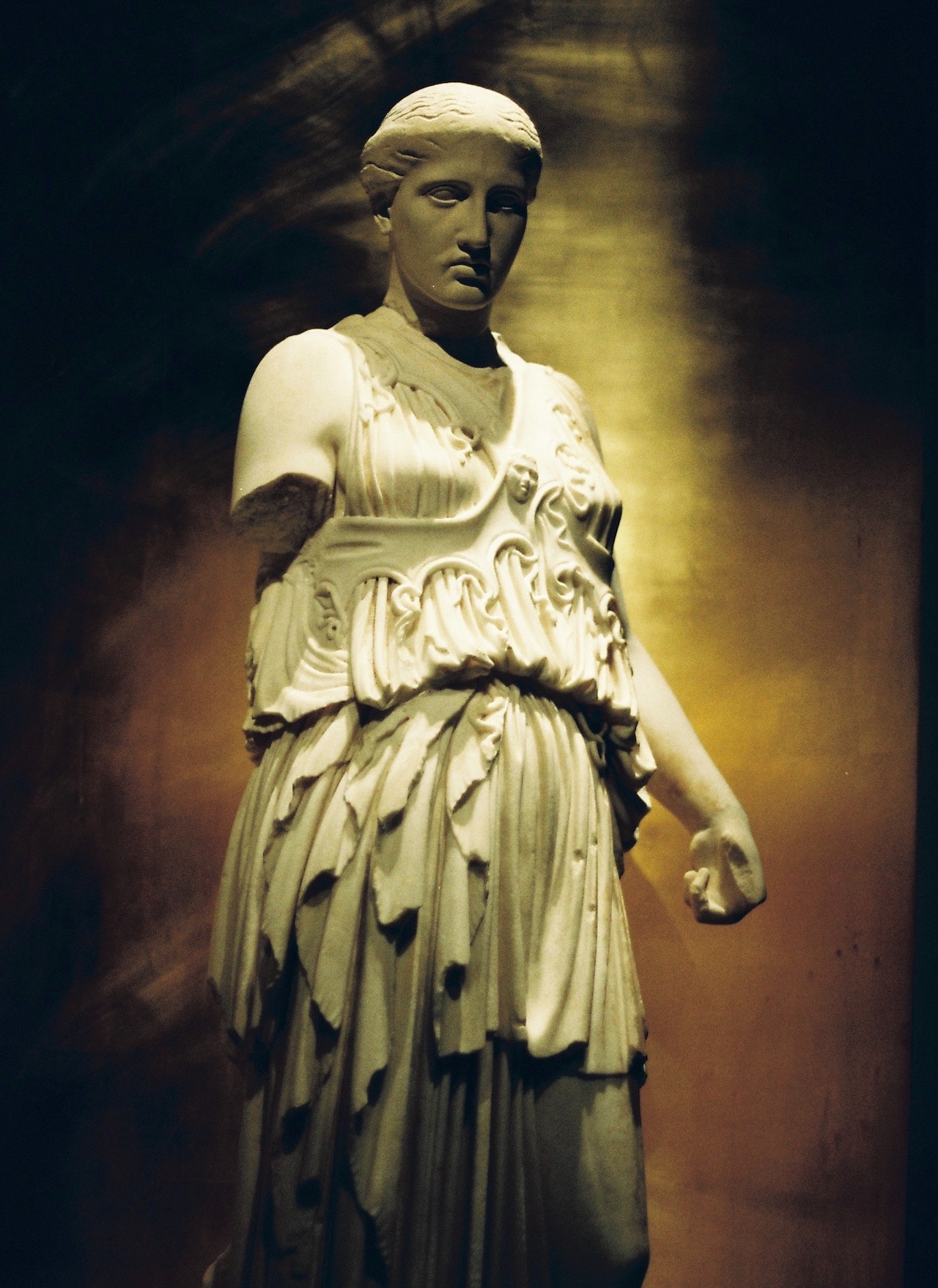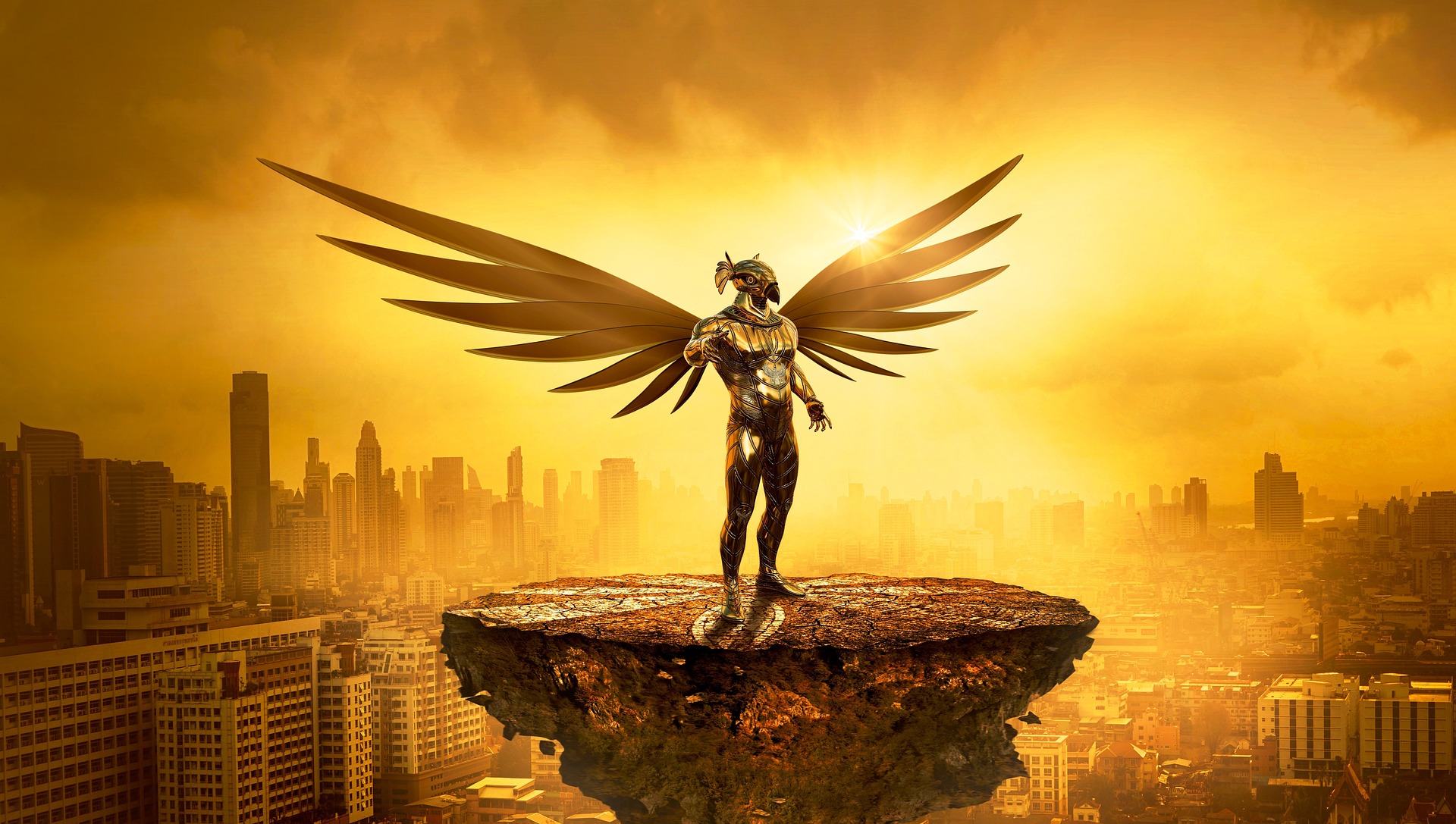
In the most extreme cases, self-loathing leads to self-harm. The underlying cause is either because there is something you hate about your physical appearance or because you hate yourself for not doing more with your life.
If your inner voice feels you are meant for more, but you resist bettering yourself, either through fear, laziness, or self-doubt, self-loathing is a sign that you are not fulfilling your true potential.
People experiencing self-loathing may constantly criticise themselves, have low self-esteem, and view themselves as unworthy or inadequate. This could be due to a subconscious program or an innate energy urging you to make more of your life.
This emotional state can have a profound impact on an individual’s mental and emotional well-being, potentially leading to depression, anxiety, and other mental health issues. It may also affect relationships, as self-loathing can make it difficult for individuals to trust or connect with others.
Self-loathing often stems from various factors, including past experiences, low self-image, societal pressures, trauma, or criticism from the Superego. This latter cause is deeply rooted in individuals who had strict, critical and authoritarian or abusive parents (or caregivers).
“The self-judgement which declares that the ego falls short of its ideal produces the sense of worthlessness…” [1]
~ Sigmund Freud, The Ego and the Id, p.31 (1923)
The toxic energy that underlies self-loathing is an irrational belief or feeling that you are not good enough. This comes hand in hand with having low self-esteem and feelings of worthlessness.
Self-loathing can influence how you view the world and interact with other people. You may have obsessive tendencies and ruminate on negative encounters or arguments that you have with people.
Also known as black-and-white thinking or dichotomous thinking, individuals who harbour intrinsic feelings of self-hate view situations, people, or events in absolute, extreme and polarised terms. There is no grey area or no middle ground. Things are either good or bad.
The tendency to categorise things as absolute success or complete failure, perfection or total inadequacy, shares similarities with maladaptive perfectionism, which as previously mentioned is associated with the wounded qualities of the Sage archetype.
Individuals who engage in all-or-nothing thinking often have unrealistic ideals and set rigid standards for themselves and others to adhere to.

If you constantly fall short of unrealistic standards, your self-loathing inner voice can erode your self-esteem and self-worth. You also heap pressure on yourself because you do not feel worthy of success.
This takes us into the territory of the Everyman archetype, personified in Greek mythology by Hephaestus who is abandoned by his parents Zeus and Hera — the Ruler archetype or intellect — and later rejected by the goddess Athena.
Athena shares the attributes of the Sage, your inner wisdom, or conscience. This is the critical voice that is programmed by authoritarian parents and teachers.
This aspect of consciousness is what Sigmund Freud called the Superego, or ego-ideal. This is the voice that tells you what you want to be — which in truth could actually be what you could be if you apply yourself in the right way.
However, because the Superego is partially conscious, your self-image is created from external sources. When you see you are falling short of what you expected or you see other people having more perceived success than you, self-loathing can develop.
Most of the time, the reason you are not achieving your potential is because you haven’t focused your attention and your energy into pursuing your dreams and passions. You have fallen short of the hurdle because you didn’t take the leap.
The Hero archetype is associated with taking action, motivation and the compulsion towards self-development. If you fail to take action, you don’t develop and fulfil your potential.
And this is why your inner voice rebukes you and makes you feel a sense of self-loathing. Self-hate is a call to action.
Negativity bias is the tendency to give more weight or attention to negative information or experiences than to positive ones. In other words, people are more sensitive to, and more affected by, negative events, comments, or emotions compared to positive ones.
This bias can have a significant impact on our thoughts, feelings, and behaviours. Part of the reason for this is that our evolutionary development naturally programmed thought processes to start from the worst-case scenario.
Essentially, your natural survival instincts are kicking in. Mainstream media and the geopolitical theatre play into this innate fear of the environment by bombarding us with fear-provoking stories.
Individuals who buy into this idea of fear, danger, concern and failure live in a fixed mindset and prefer to stay in their comfort bubble. This is what is known as survival mode.
People with an underdeveloped ego typically live in survival mode because they don’t have the knowledge, tools or confidence to cope with their environment. They feel they lack competency and don’t try to better themselves.
That’s when the Superego kicks in to say, ‘Come on you can do better than this.’ Because you can. You just haven’t tried. A lack of self-confidence and self-esteem does that to a person.
A fixed mindset falls in opposition to a growth mindset which is typically found in individuals who are more successful in life. People with a growth mindset pop their bubble and live from a place of striving and thriving.
This is what the energies of the healthy Hero bring to you.
Self-esteem and self-loathing go hand-in-hand. Whilst they are not the same, one can contribute to the other.
Having low self-esteem corresponds to negative evaluations of yourself. This is often developed in childhood due to a lack of emotional support or nurturing from your primary caregiver.
Because self-loathing involves a harsh and critical view of oneself, individuals who hate themselves find it challenging to see themselves in a positive light. This negative self-perception contributes to low self-esteem.
This is not helped by negative self-talk. Self-loathing usually involves berating yourself for perceived flaws, mistakes, shortcomings or something you don’t like about your body or the way you look. This constant self-criticism reinforces feelings of low self-worth.
People who develop low self-esteem at an early age may not make strides to better themselves because their initial feeling is they will fail anyway so they don’t try in the first place.
But it may also be that you simply don’t have the resilience to try harder. You give in too easily because you have a subconscious program that is coded with rejection. Failure is often perceived as a form of rejection that fuels pain in people with a lack of self-esteem.
Internalising negative messages from your past experiences, such as childhood trauma, bullying, or abusive relationships, breeds perpetual criticisms which reinforces feelings of inadequacy and low self-esteem.
A trait you often find in people with self-loathing is a tendency to dismiss or downplay positive feedback, compliments, or achievements, believing that they don’t deserve recognition or that it’s insincere. This behaviour further contributes to low self-esteem.
If someone says something positive about you through a compliment, and you discount what they say or think they’re just being superficial to appear nice, you are showing signs of self-loathing.
Learn or accept compliments graciously, and recognise that you earned just praise. You build self-esteem by recognising your achievements, the value you offer the world and, in some cases, the way you look.
If you are overly critical of yourself and attack your character (“e.g., “I’m a failure who will never amount to anything”), your self-loathing Superego has reared its ugly head.
However, this type of internal chatter is often a misguided notion that is incorrectly interpreted by the ego.
In his book, Freedom, the Australian biologist Jeremy Griffith points out that the evolutionary development of consciousness created a divide between the intellect and the instincts.
Whereas our earliest ancestors were obedient to their guiding instincts, the development of the nerve-based learning system became sufficiently developed for the conscious mind to effectively manage our environment. [2]
However, once we started making our own decisions at the behest of the ego (the nerve-based system), the original gene-based system which is instinctive became repressed. Griffiths argues this was due to the criticism aimed at the intellect by the instincts — which know best. But the conscious mind thinks the intellect knows best as feels criticised. [3]
“When we humans went in search of knowledge we were initially criticised for not obeying our instincts, and then secondly for responding to that initial criticism in a way that offended our cooperatively orientated, moral instinctive conscience, and, then thirdly, by that behaviour defying the very integrative, co-operative theme of existence that our intellect could so plainly see existed in nature. We defied our instincts, we offended our moral conscience, and we insulted the very meaning of existence / God!!! We humans could hardly be more guilt-ridden. And all this guilt, which we can now understand was completely unjustified, made us extremely, excruciatingly upset — absolutely furious, in fact” [4]
~ Jeremy Griffith, Freedom: The End of the Human Condition
The feeling of being unjustly criticised is thought to contribute to how we act out. Griffiths postulates our “defensive, retaliatory reactions of anger, egocentricity and alienation, with some angry, aggressive nastiness creeping into the child’s behaviour” as the ego tries to defend itself against the criticism of the Superego.
“We discover at the very end of our journey to enlightenment that conscious humans, immensely corrupt as we are, are ‘good’ and not ‘bad’ after all, and that which was ‘good’, our moral conscience, turns out to be the cause of our sin.” [5]
~ Jeremy Griffith, Freedom: The End of the Human Condition, p.166 para 283, (2015)
However, the Superego, or as Carl Jung calls it, the Self, is the central ordering principle of consciousness. It is your essence, your guide through life.
To be a well-developed and healthy individual, Jung said there has to be a compromise between the intellect and instinct. This requires a conversation between the ego and the Self, or Superego, to rationalise whether self-criticism and thus self-loathing is a fair and appropriate response.
To release the feeling of self-loathing, you need to be aware of your inner voice and the reasons for the criticism. Is self-loathing a program you developed due to a belief that you are bad and not good?
This can happen to children who are unfairly criticised by parents and teachers. If you were disciplined for expressing your instinctive nature as a child and told to “stop messing about”, “be quiet” and other reprimands of that ilk, your intellect cuts you off from your instinctive nature because it is deemed inappropriate for society.
In this scenario, the Self rebels by way of a complex. Self-loathing is a symptom that reflects a complex is lurking in your subconscious. You may not be aware of why this energy is surfacing but its purpose is to build the character armour of your ego and drive you towards self-development.
The Self tries to bring missing aspects of your personality to conscious awareness by creating challenges and disturbances through an internal conflict. Self-loathing is an internal conflict.
“The existence of a differentiating grade within the ego, which may be called the ego-ideal or superego… this part of the ego is less closely connected with consciousness than the rest…an object which was lost has been reinstated within the ego; that is, that and object-cathexis has been replaced by an identification.” [6]
~ Sigmund Freud, The Ego and the Id, p.21 Kindle Loc 295 (1923)
It can be useful to question your thoughts when that critical inner voice kicks in. Is it justified? Remember that you are entitled to make mistakes — if you learn from them.
In these moments you may feel angry and frustrated with yourself, but you also have to that the ego needs to be trained to deal with certain situations. No matter what age you are, your ego can always be developed.
Are we ever the finished article? Very few people will attain enlightenment in this lifetime, so don’t beat yourself up because you made a mistake.
However, you also have to ask yourself whether the criticism is justified. Are you actually striving to reach your full potential? Or are you walking down easy-street and settling for what you’ve got?
If the latter is true, the criticism you are receiving from your inner voice is urging you to do more with your life. The inner voice is the critical Athena refusing to mate with Hephaestus — the Everyman archetype.

The archetype you need to develop in this scenario is the Everyman. The emotional goal of the Everyman is to develop the personality and overcome self-esteem. Developing your ego and engaging with life, primes you for success, happiness and fulfilment.
The golden rule is not to be afraid of rejection or failure, otherwise you abandon yourself. And this is the cardinal sin of the Everyman. In trying to fit in, this energy mimics everyone else instead of developing your own personality or trying to carve out the life you want to live.
The Everyman is synonymous with that part of the personality that Jung called the persona, the mask you wear in public to hide weaknesses, anxieties and other parts of your nature that you find abhorrent.
However, the parts of you that you think are not acceptable, take possession of the ego in the form of a complex. If the ego identifies with the persona, you don’t develop your personality, you become an abhorrent aspect of your nature. Complexes surface as aggression, jealousy, cowardice, fickleness etc.
“The danger is that they become identical with their personas..; henceforth he lives exclusively against the background of his own biography…One could say, with a little exaggeration, that the persona is that which in reality one is not, but which oneself as well as others think one is.” [7]
~ Carl Jung, CW9 Part 1, The Archetypes and the Collective Unconscious
Although Jung points out that successful people identify with their personas, the same is true of individuals who believe they are worthless and good for nothing. Insecurity harbours ingrained beliefs that you are mediocre, powerless and have no sense of purpose.
In Greek mythology, Hephaestus – the Everyman archetype – falls in love with Athena and attempts to sexually impose himself upon her. Athena resists, but in the struggle, Hephaestus ejaculates onto Athena’s thigh.
Athena wipes the semen from her leg, and falling to the earth impregnates Gaia who gives birth to a hideous child, Erichthonius half man (intellect) and half serpent (instinct).
The etymology of the name Erichthonius means earth born, or trouble from the earth. The earth, Gaia, is symbolic of the subconscious, the body’s storage of past experiences, many of which are split-off consciousnesses that become complexes.
As I mentioned earlier, self-loathing is a symptom of a complex. Jung classified a complex as an archetype and proposed that these unconscious energies take possession of the ego in an attempt to alert you that something is wrong. Releasing a complex involves getting to know the archetype and finding harmony between the Self-ego axis.
“It is in the exchange between the ego and the various characters that rise up from the unconscious and appear in my imagination that I begin to bind the fragmented pieces of myself into a unity. I begin to know, and learn from, the parts of myself I have never known before.”
~ Robert Johnson, Inner Work
Erichthonius later became a heralded King of Athens. His crowning accomplishment was to invent chariots which helped people manage horses and make it easier for them to control. When he died, Zeus turned him into the constellation Auriga, known as the Charioteer.
In symbolism, the Charioteer is tasked with controlling the direction of the horses, horses being synonymous with the raw energy arising from the unconscious id —passions, emotions, drives and impulses.
In Tarot, the Charioteer is driven by Apollo, the Sage archetype, although some sources name the Chariot driver as Ares — the Hero archetype that is not in control of his passions or emotions.
Whereas Athena is the critical judgemental aspect of the Sage, Apollo is self-awareness. Self-awareness can be reached through logic and reasoning, attributes of the healthy Sage. This is how you can bring harmony between the Self-ego axis.

The other option is to activate the Hero and get up off your arse and take steps to fulfil your full potential. If you instinctively feel you are meant for more, the self-loathing is Athena urging you to better yourself. Your inner wisdom knows best.
To overcome self-loathing by activating the Hero, you need to operate from a love-based centre. Understanding the reason for your self-loathing and using it as motivation to create a life you and the Superego can be proud of is a starting point.
You may also have to overcome fear which you can do by engaging with life and learning the skills you need to acquire to transform self-loathing into self-love; which is what Ares does when he falls into the arms of Aphrodite.
Self-loathing can be a difficult thing to deal with. Luckily, there are effective strategies to help you quieten the inner voice, and use it to identify where you can improve your life. Expressing repressed emotions helps you to fight anxiety and depression.
[1] Sigmund Freud, The Ego and the Id, p.31 (1923)
[2] Jeremy Griffith, Freedom: The End of the Human Condition, p.143, para 248, (2015)
[3] Jeremy Griffith, Freedom: The End of the Human Condition, p.148-1489 para 258, (2015)
[4] Jeremy Griffith, Freedom: The End of the Human Condition, p.151 para 263, (2015)
[5] Jeremy Griffith, Freedom: The End of the Human Condition, p.166 para 283, (2015)
[6] Sigmund Freud, The Ego and the Id, p.21 Kindle Loc 295 (1923)
[7] Carl Jung, CW9 Part 1, The Archetypes and the Collective Unconscious, paras 2nd ed (1968)
